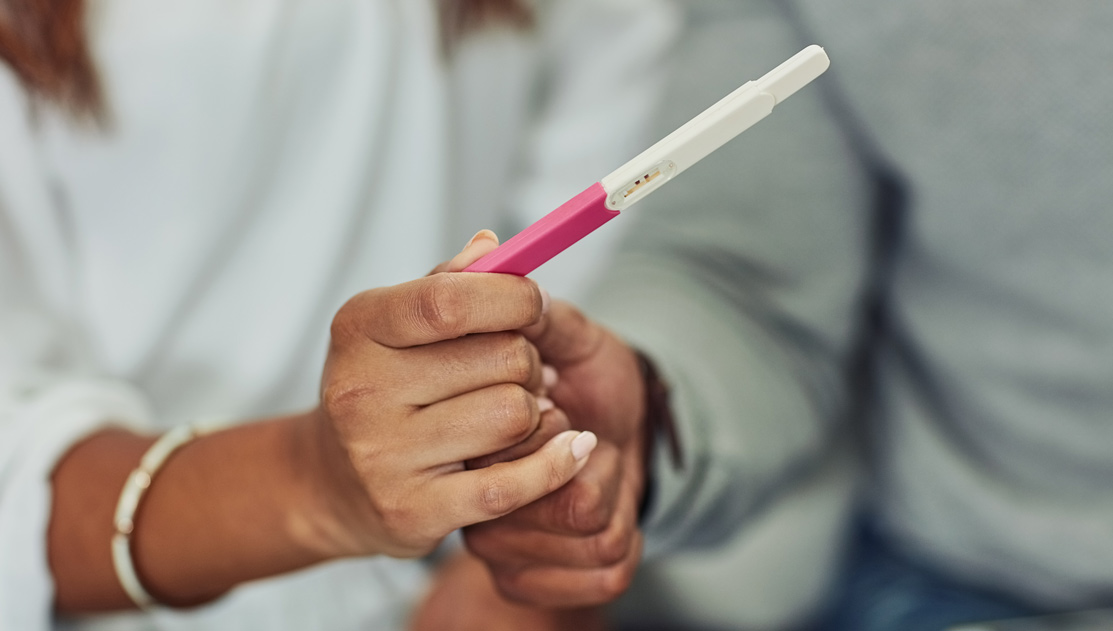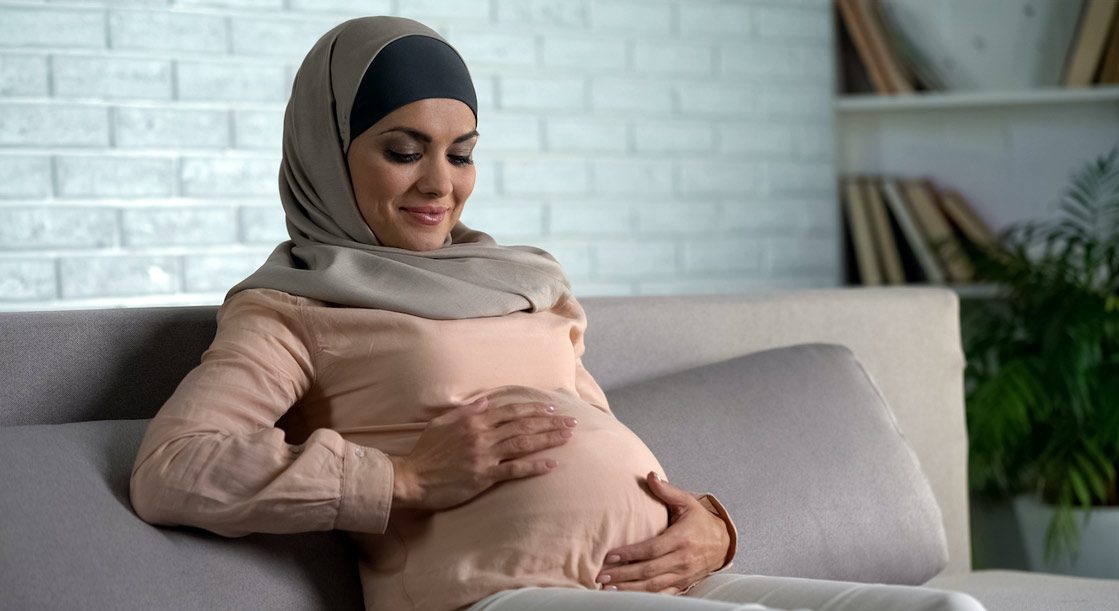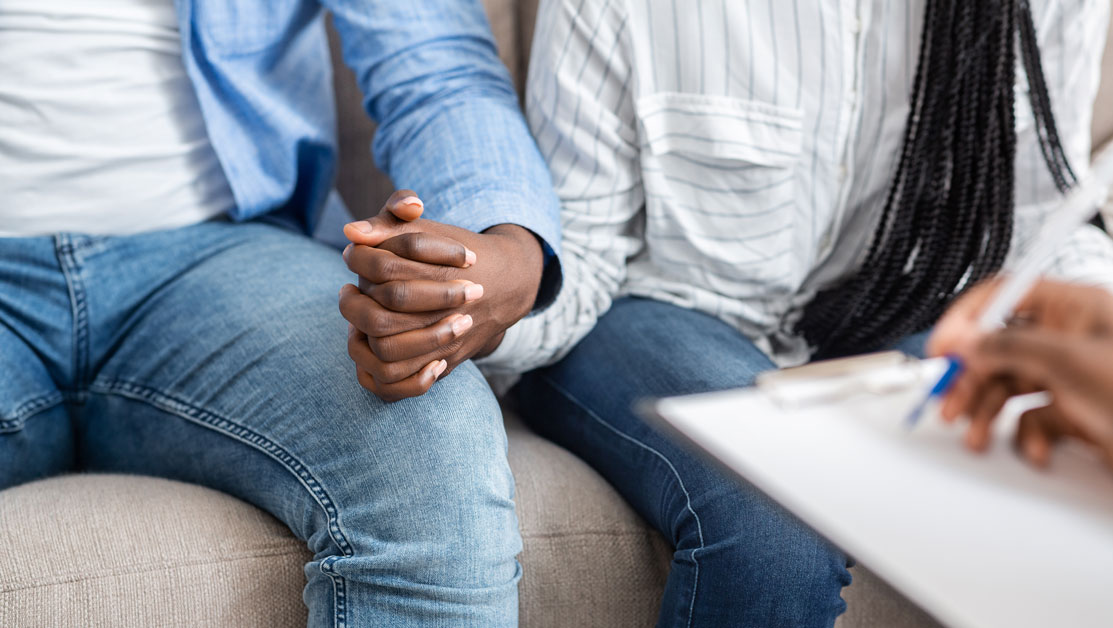Those who suffer with anorexia, bulimia, and binge eating should be aware of how eating disorders can affect fertility. 25th February 2018 – 3rd March 2019 is Eating Disorder Awareness Week, and to help raise awareness of the link between eating disorders and fertility, Dr Gorgy, world-renowned Fertility Consultant from The Fertility & Gynaecology Academy in London, tells us more.
There is no doubt that any eating disorder has a negative impact on a person’s physiology. The physical disruption affects all of the body’s central systems, including reproduction. Researchers from King’s College London and UCL found that women with history of eating disorders were more likely than other women to take more than a year to conceive. Their research also showed that women who had a past or present eating disorder were more than twice as likely to need medical assistance to conceive1.
In the UK 1.6 million women have an eating disorder, with 1 in 100 women aged 15-30 affected2. These figures do not include obesity statistics for women of childbearing age, which also affects fertility.
Common eating disorders
- Anorexia Nervosa – those who have anorexia want to stay as thin as possible. This is often achieved by under eating or starving and exercising too frequently.
- Bulimia – characterised by bouts of binge eating, followed by self-induced vomiting, use of laxatives and excessive exercise.
- Binge eating – eating large amounts of food in a short space of time. Concealing from others how much has been consumed. Feelings of guilt and depression after binge episodes is common.
Why do eating disorders affect fertility?
Being both underweight and overweight can cause hormonal imbalances, which in turn cause disruption to menstruation and ovulation cycles. It is important to note that eating disorders are psychiatric illnesses often accompanied by cognitive distortion (in terms of a person’s body image), depression, anxiety and even social withdrawal. If these are the underlying causes of an eating illness, then it is vital for women to receive help to combat the psychiatric issues first. Giving birth, lack of sleep and the physical demands of having a baby need to be undertaken, ideally, when you feel fit and healthy enough to cope.
Physically, an eating disorder will wreak havoc on the body. 68-89% of women report amenorrhea (absence of menstruation) for at least three months during the course of their illness3. During the course of an eating disorder, hormones (such as progesterone and testosterone) will fluctuate. Oestrogen will decrease and in extreme cases of prolonged calorie reduction or excessive exercise, the uterus and ovaries will return to prepubertal length and size4. In addition, essential vitamins and minerals required, not only for conception but also for a growing foetus, are seriously depleted when dealing with a binge or starvation disorder. Insufficient levels of potassium, magnesium, sodium, vitamin D and calcium will lead to increased difficulty in body functions, including conception.
Period irregularity also poses another problem. It becomes almost impossible to gauge when you should try for a baby. In fact, women with menstruation disruption are at risk of unplanned pregnancies for this same reason.
It’s so difficult coming to terms with an eating disorder. Most would-be mothers would do anything to conceal having an eating disorder, especially from their gynaecologist. However, family planning is one of the best times to try and come to terms with your illness and seek the help you need before trying for a baby.
Here are some suggested tips for women with eating disorders who want to conceive:
- Try to deal with the underlying psychiatric issues that are triggering your eating disorder. Find assistance through your healthcare provider – counselling, individual or group therapy sessions – that can help you come to terms with your illness.
- As hard as it might seem, it is vital to confide in your gynaecologist. They can help and will have access to other professionals who can also provide assistance.
- Find a nutritionist to help you get a better understanding of how to handle your relationship with food.
- Start a healthy pre-pregnancy diet, which contains all of the vital nutrients that your body will need for conceiving and carrying a baby.
Having a baby will require all the physical effort you have to offer. If you are struggling with an underlying eating disorder, now is the time to try and confront and deal with it. Pregnancy and birth outcomes are also affected by these illnesses, so it is vital to get a handle on the situation as quickly as possible.
If you are thinking about or are trying to get pregnant, and suffer with an eating disorder, book an appointment at The Fertility & Gynaecology Academy to get the help you need. Call now on 020 7224 1880.
References
[1] https://www.webmd.com/mental-health/eating-disorders/news/20110805/eating-disorders-affect-fertility-pregnancy#1
[2] http://www.priorygroup.com/eating-disorders/statistics
[3] https://www.ncbi.nlm.nih.gov/pmc/articles/PMC3192363/
[4] https://www.ncbi.nlm.nih.gov/pmc/articles/PMC3192363/







